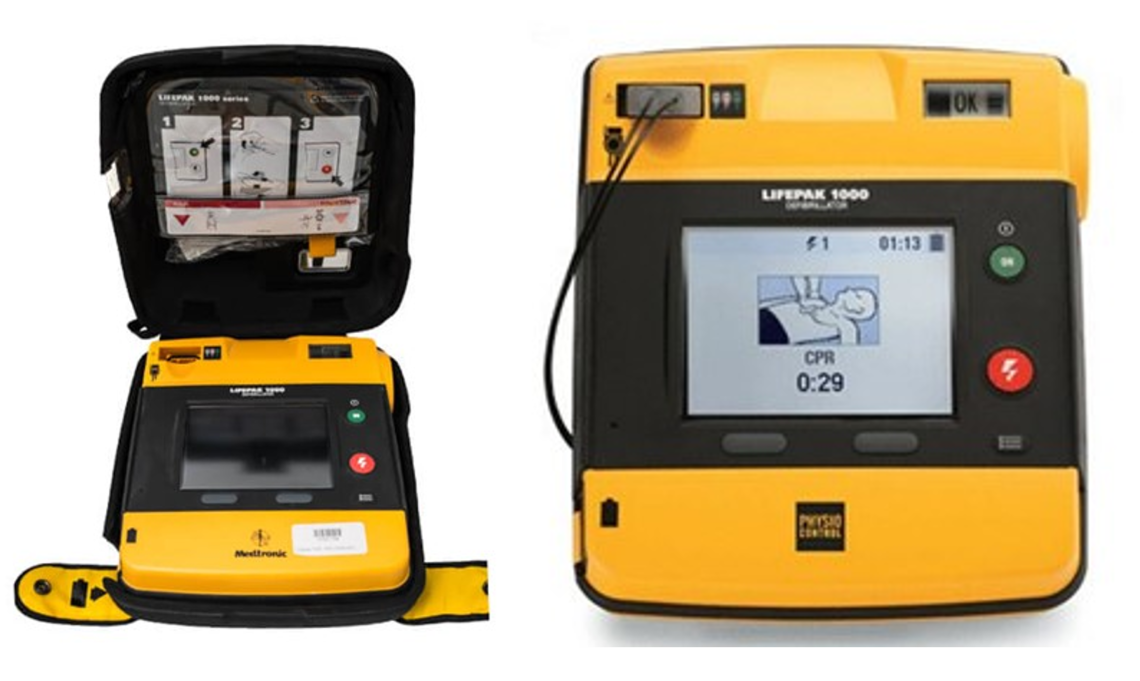Our Schools Education Programme is the perfect way for young people to learn about a variety of key health topics and how to deal with them. These workshops will be bespoke to your school and tailored to meet the academic needs of your students, at both primary and secondary schools.
Health Workshops
The aim of our health workshops is to address the wider determents of health by highlighting important, relevant health and wellbeing topics. These provide young people with key physical and mental health information by using real life, relatable case discussion empowering them to make informed decisions and lifestyle choices. We discuss how informed decisions and actions could affect them as an individual, their body and their relationships with family and friends, where they can access resources and support, online and in their local communities.
Skills Workshops
Our skills workshops aim to give young people crucial health related knowledge and skills that could potentially save their own life or those of friends or loved ones. Learning how to provide first aid, CPR and manage different types of wounds and injuries will give them confidence and benefit them throughout their life.
We can deliver our workshops in a variety of formats to meet your needs including:
- Small or large group work
- Lecture based delivery
- Case based discussion
- Skills stations
- Virtual delivery (health workshops only)
All content is tailored to the student’s age, learning abilities and backgrounds and workshops can be delivered to run alongside their current curriculum. You can choose single skills workshops, a set number of health workshops delivered once a week or we can blend workshops together to provide a more holistic approach and deliver over a day or half day.
All workshops are delivered by very experienced commercial clinical educators, who are nurses by background and have extensive knowledge and experience and work within the urgent and emergency care pathway in NUH. They deliver in a relaxed, non-confrontational, non-judgemental manner and actively encourage student participation.
The health workshops we run are:
- Online Safety – looking at social media, posting selfies and body image, instant messaging, revenge porn, online bullying trolling and abusive behaviour and how to stay safe online.
- Positive Relationships – discussing what makes a healthy and unhealthy relationship, how to build better relationships, scenario discussion and where to seek help.
- Mental Wellbeing – discussing emotional wellbeing and mental health, risk factors and the most common mental health conditions experienced by teenagers, alongside coping strategies and support services.
- Sexual Health – looking at consent, pressure and coercion, types of available contraception including ‘horrible histories’ of contraception through the ages, different sexually transmitted infections, their symptoms, treatment and sexual health screening
- Health & Prevention – focusing on sun and skin damage, smoking and vaping and sleep deprivation
- Substance Misuse – Discussing physical and emotional addiction, binge drinking and the behaviours it can lead to, alcohol poisoning, smoking and vaping nicotine and cannabis, edibles, the use of legal highs and where young people can get help and support
- Physical Health – looking at hydration and dehydration and the effects on the body and dental health including the ‘horrible histories’ of dental care through the ages.
- Youth Violence – discussion on violence amongst young people in today’s society, focusing on gang violence, knife crime, mutilation and other related injuries. Initial management of injuries, discussion of high profile youth violence incidents and where to seek help and support.
- Party Safety – how to keep yourself safe in a social situation and care for a friend in need, including alcohol use and poisoning, overdoses and drug use. Discussing consent and sexual behaviour and how to seek support and help.
The skills workshops we run are:
- Life Support & Choking – teaching young people how to identify a person in cardiac or respiratory arrest and how to perform basic life support as per the Resuscitation Council UK guidelines. Management of a person choking, how to perform back slaps and abdominal thrusts to remove the foreign body
- Poolside Safety – teaching on drownings and how to manage someone who isn’t breathing, performing basic life support if required. Addressing muscle fatigue, head injuries & basic wound management
- First Aid & Minor Injuries – how to identify common injuries and perform basic first aid in young people, including sports injuries and how to splint and sling minor injuries
- Wound Care & Management – how to provide initial wound care to a variety of wounds, including haemorrhage control and burns management
If the session you are looking for is not listed above, please contact us to discuss the creation of a bespoke session to meet your needs.
Life Support Training
 In reference to the below article, we also offer life support training.
In reference to the below article, we also offer life support training.
The government has announced all state-funded schools in England will have a defibrillator by summer 2023.
School defibrillators: State schools to receive life-saving devices by 2023 - BBC News
Costs
1 hour workshop = £206.22 plus travel expenses
Student Testimonies:
"Thanks so much for your sessions. I really enjoyed it, and appreciated that you made it fun!
"I feel much better prepared to deal with uncomfortable issues."
"Thank you for your sessions, experience and presentation."
- Stone Soup Academy
Staff Testimonies:
"Thank you for the Careers chat held last week, the students really enjoyed it and have been motivated into pursuing a career in the healthcare sector. I have had two students in particular ask for some more information to be sent over from yourselves if possible. We really appreciate the commitment you've shown during our partnership over the past two years"
- Stone Soup Academy